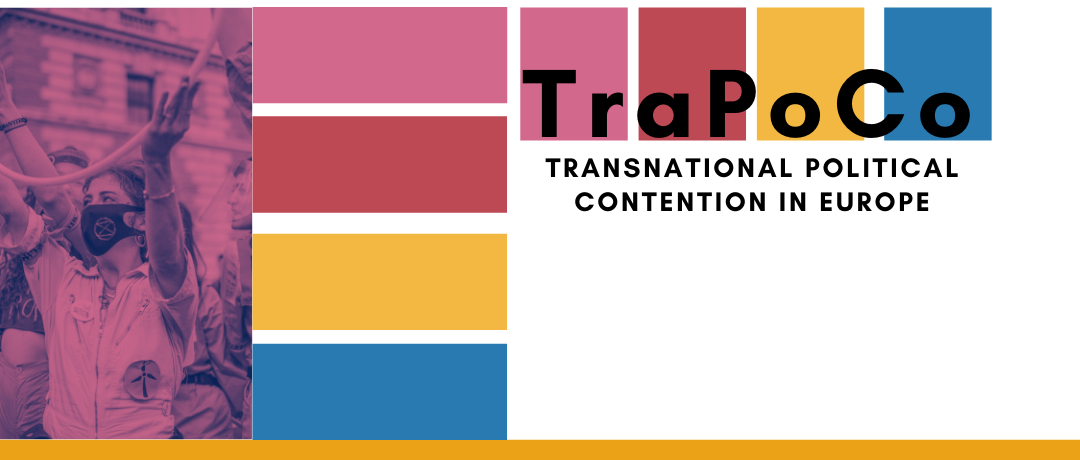Transnational Political Contention in Europe (TraPoCo)
Start date: 01/09/2020
End date: 02/03/2024
Funder: European Union
Operational unit: OBC Transeuropa

OBC Transeuropa takes part in the 3-year research project “Transnational Political Contention in Europe (TraPoCo)", dedicated to the study of trans-European political activism under the Jean Monnet action of the Erasmus+ programme.
The network, led by the Scuola Normale Superiore of Pisa with Professor Donatella Della Porta – chair of Political and Social Sciences, comprises three universities (University of Belgrade, University College Dublin, Boku University-Vienna) as well as OBC Transeuropa and NGO The Good Lobby.


